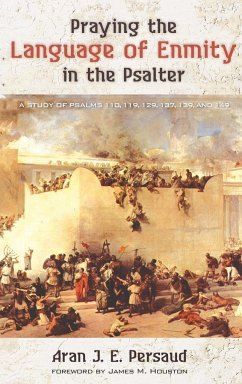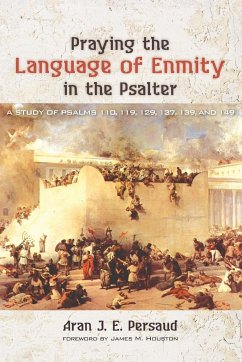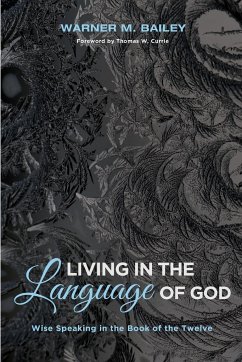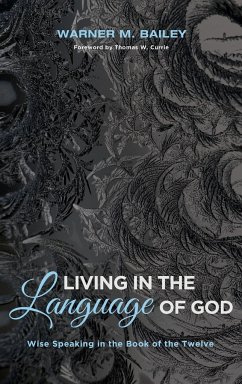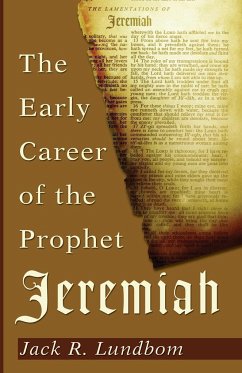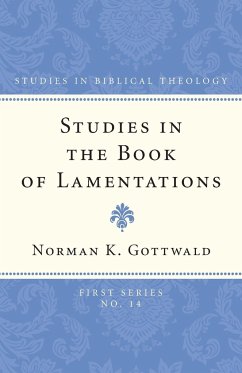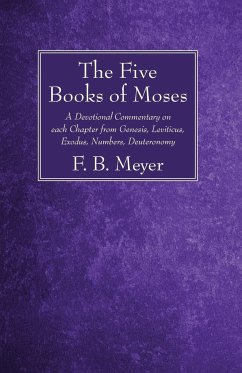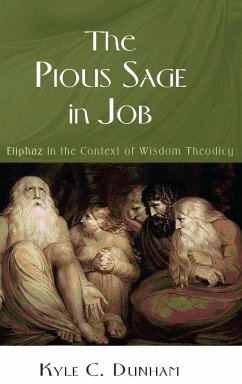How is it possible to hold a New Testament ethic to love one's enemies and pray for their physical infliction, shame, death, and suffering of family members? And yet, the Psalter, the prayer book of the Church, contains such prayers. In modern times, the Church has adopted a semi-Marcionite attitude towards these troubling texts, excluding whole psalms or parts from liturgies and private use. But as the age of ""terror"" dawns upon us, we are finding that these texts speak of unchanging realities that perhaps the ancients were abler to understand than moderns. Two great wars and a multitude of ideologies proved in the last century that the intellect cannot prevent these irrational impulses of destruction, and post-modern societies, of the present century, with their multitude of voices really offer no voice to counter moral evil. This study of six psalms with graphic language of enmity seeks to help the reader overcome shallow views of the mystery of evil, cultural blinkers of the use of language, and even personal prejudices. It attempts to recover the complete prayer book of the Church, as it once was, Israel's prayer book.
Hinweis: Dieser Artikel kann nur an eine deutsche Lieferadresse ausgeliefert werden.
Hinweis: Dieser Artikel kann nur an eine deutsche Lieferadresse ausgeliefert werden.

